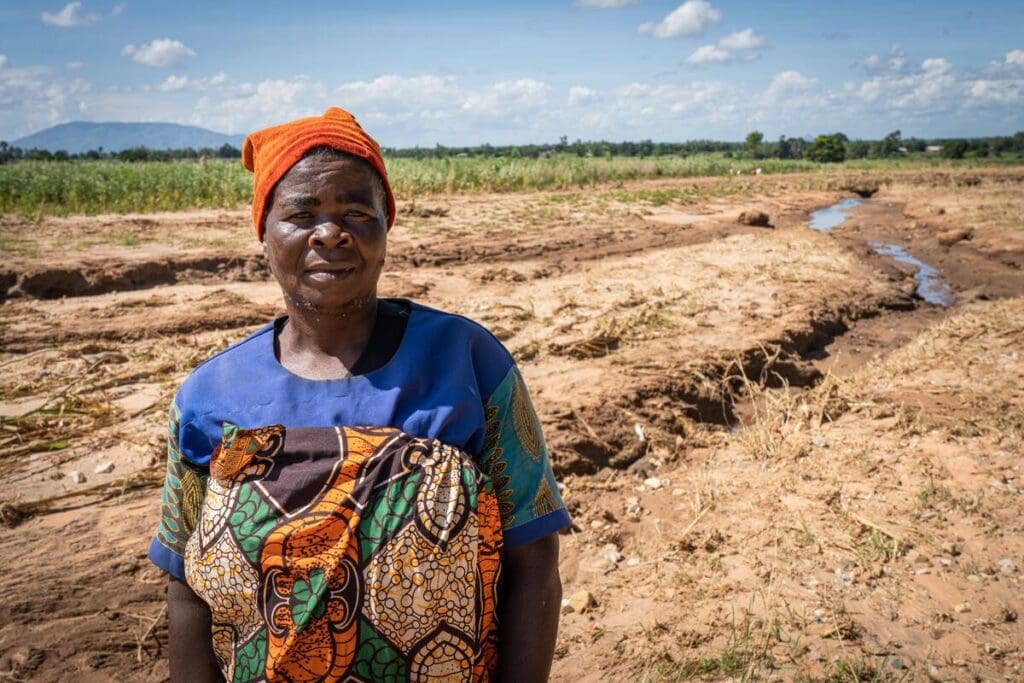Food Prices Skyrocket as Cost of Cyclone Freddy Becomes Evident in Malawi

BLANTYRE – Prices of staple foods are soaring in Malawi, ten days after Tropical Cyclone Freddy made its second passage over the southern African country, worsening levels of hunger as families struggle to meet their food needs.
The price of corn, the country’s staple food, has soared to record levels and is now 300% higher on average than the same time last year in the cyclone-affected region. Several markets are either inaccessible or don’t have sufficient food. In the southern Nsanje district – a district cut-off by floods – corn prices are up 400% year-on-year.
The United Nations World Food Programme (WFP) is on the ground supporting the country’s government efforts to help flood-hit families get back on their feet. Here is an update on the situation and the U.N. World Food Programme’s activities in support of the government-led response:
- Some 3.8 million people in Malawi were facing severe levels of hunger at the peak of the hunger season, between January and March, this year. Tropical Cyclone Freddy has worsened the situation and more people will now need assistance in 2023.
- The national government estimates that over 500 people have died, while some 350 are reported missing. More than 500,000 people are displaced and living in some 534 makeshift camps.
- Some 800,000 acres of land have been flooded, including nearly 300,000 acres of farmland, according to estimates from the U.N. World Food Programme’s Advanced Disaster Analysis & Mapping Flood Impact Analysis.
- As of March 20, 33,000 people have received food assistance.
- The U.N. World Food Programme has provided 40 metric tons of Corn Soya Blend (a partially pre-cooked fortified food eaten as a porridge) to displaced people in the Phalombe, Chikwawa and Mulanje districts.
- About 1,500 people have been rescued in the Nsanje district by the government, with the help of boats provided by the U.N. World Food Programme in support of rescue efforts by the Malawi Red Cross Society (MRCS) and IRIS Africa.
- The U.N. World Food Programme requires at least $27 million for three months to support 500,000 people, including displaced people and schoolchildren, with food assistance to complement the government’s in-kind response and provide government and partners with logistics support
# # #
The United Nations World Food Programme is the 2020 Nobel Peace Prize Laureate and the world’s leading humanitarian organization, saving lives in emergencies and using food assistance to build a pathway to peace, stability and prosperity for people recovering from conflict, disasters and the impact of climate change.




